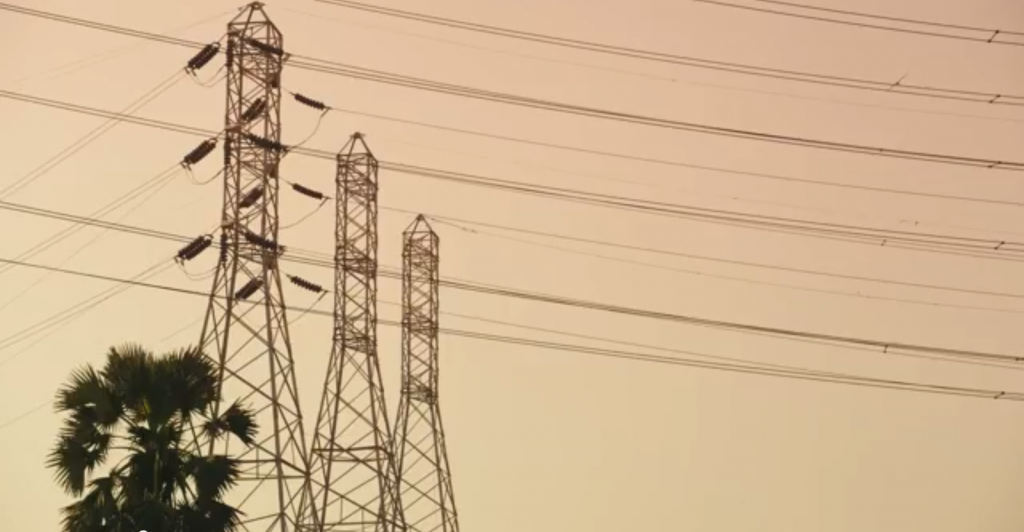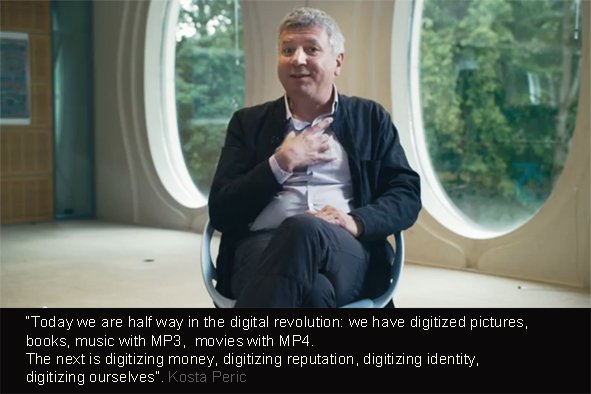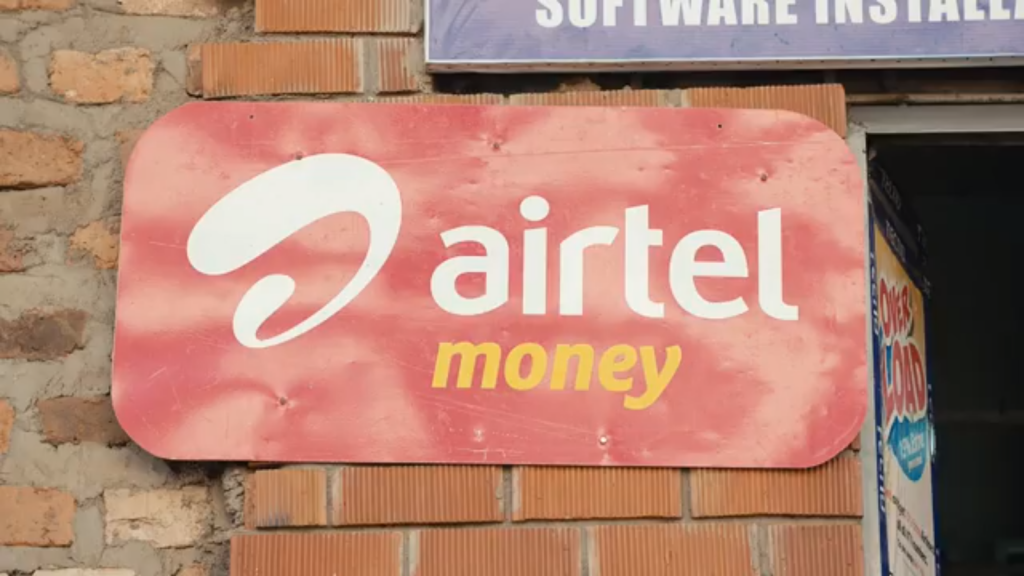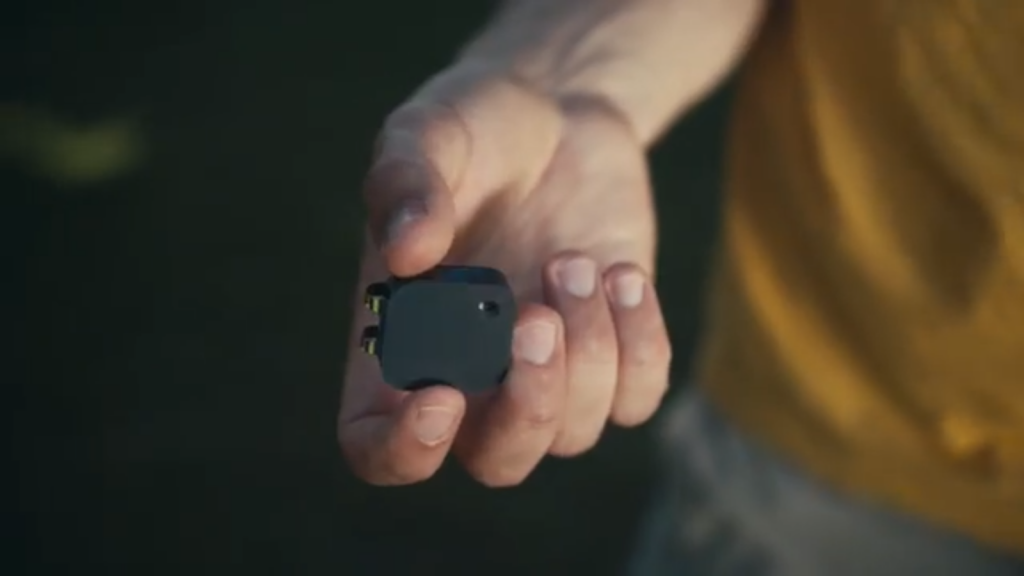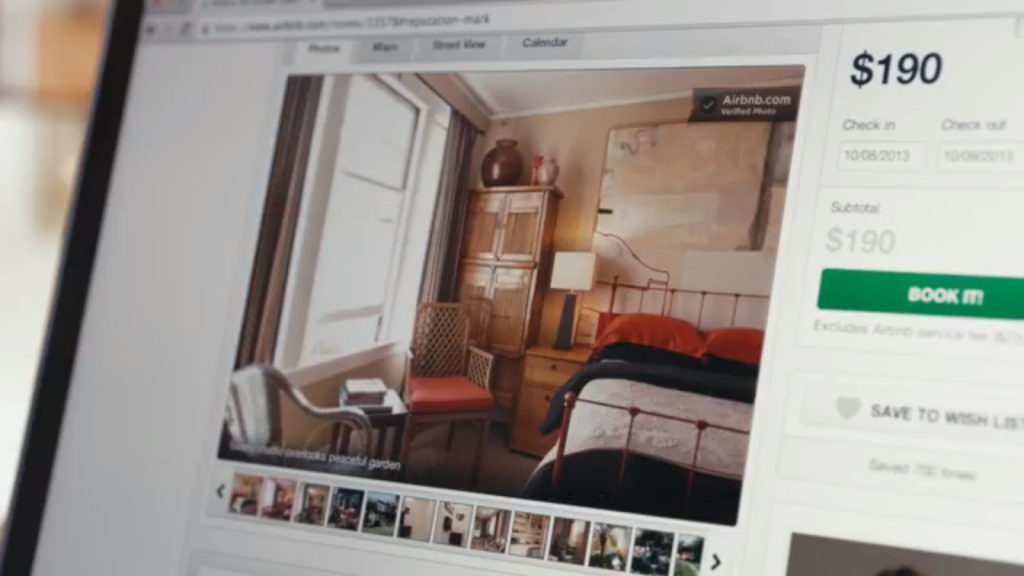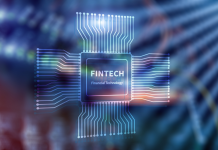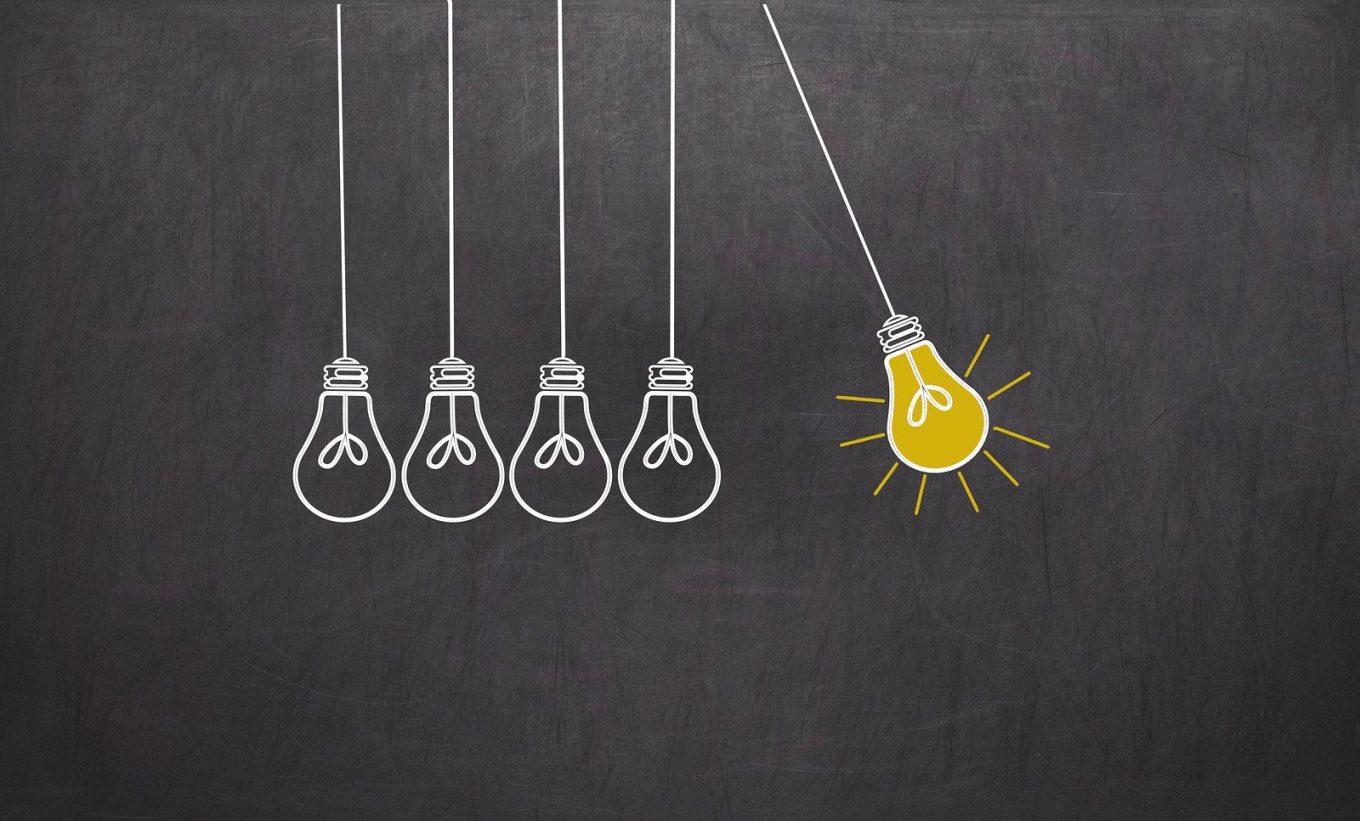Can information and communication technologies (ICT) change how we define value and interact with money? That is the main question of the documentary “On The Money” the fourth short film of the Networked Society series, a thought platform sponsored by Eriksson, the Swedish telecommunications company. Networked Society explores and speculates how the interconnectivity brought by recent advances in ICT is impacting society and will influence our future in various areas such as education, learning, urban life, industry. “On The Money” looks at money systems and how technological connectivity is bringing amazing innovation to the way trading reinvents itself. The film is a thought provoking video-essay that explores two core ideas: the idea of value and trust. In it, various authors and entrepreneurs share their ideas and experiences about new trading tendencies and reflect how the financial world and the “value of money”, is changing at fast pace. The video starts with an essential question: “What is money?” According to Matthew Bishop, the renewed author of the book “In Gold We Trust” about the future of money, money serves us for three things:
1. it’s a way of measuring the value of things
2. it’s a way of doing transactions with each other
3. it’s a way of storing value over time.
But looking at money through a new lens should take into account gigantic changes happening in society at an incredible pace. Kosta Peric, who is the Deputy Director of the Financial Services For The Poor of the Bill and Melinda Gates Foundation, refers that we live in a time when everything is digitized, including ourselves. Some call this phenomenon the Quantified Self, which is a movement to incorporate technology into data acquisition on aspects of a person’s daily life in terms of inputs. He says: “Today we are half way in the digital revolution: we have digitized pictures, books, music with MP3, movies with MP4. The next is digitizing money, digitizing reputation, digitizing identity, digitizing ourselves. “
Will this slightly uncanny new trend influence the future of money and trade? Rachel Botsman is another author interviewed in the film, that traces new tendencies on the way trading will be done in the future. Rachel wrote the book “What’s Mine Is Yours: The Rise of Collaborative Consumption. Botsman defined Collaborative Consumption in 2011 as “a social revolution that allows people to create value out of shared and open resources in ways that balance personal self-interest with the good of the larger community”. Collaborative Consumption was first coined in the seventies by Marcus Felson and Joe L. Spaeth in a paper about car-sharing. Examples of the collaborative consumption models are marketplaces such as eBay, or other emerging sectors such as social lending (Zopa), peer-to-peer accommodation (Airbnb), peer-to-peer travel experiences (LocalGuiding), peer-to-peer task assignments (TaskRabbit), travel advising (Locish), car sharing (Zipcar) or commute-bus sharing (RidePal).
In the film Rachel Botsman refers that even though mainstream financial systems “centralizes wealth and control and production” shifts are happening at fast pace, that bring new people into the financial system, that had been previously excluded from it : “I think what is most exciting in the entrepreneurial communities is the blowing up of the power. You see this power moving from the center to the edges”. Interesting examples of new groups of population entering the financial system are precisely happening in Africa where circa 2 billion people still do not have access to a proper financial system. This promotes exclusion and hardens entrepreneurship. As Kosta Peric says: “You can not build a business if you don´t have a financial system. (…)You need loans, you need a safer way to pay for things, you need a way to track your wealth, and if you don´t have all of that, how can you grow?”
Even though the community of the “unbanked” or “underbanked,” is estimated to be as much as 50% of the world’s adult population, according to Financial Access’ 2009 Report “Half the World is Unbanked” signs of change can be seen since the last few years, due to cheap technological devices such as mobile phones: “Now people noticed that these people that don´t have a bank account, they have a mobile phone” says Kosta Peric.
Mobile Money and Uganda
In Uganda, the first case study of the video, mobile phones have emerged since 2008 as a default payment mechanism, and 9 million Uganders started using mobile money, says Vincent Kiying, the Head of ICT – Pride Microfinance. This promotes savings and prevents assaults and long travels to banks located in cities. Kiying gives the example of a shop owner: “In the past she would have to travel to deposit her cash, and if she kept it in the store it could be robbed. With mobile money, she can deposit it everyday”. According to Kiying the success of mobile money in Africa was the result of a conducive environment. “If cash used to be the King, the King is Dead” he says. This example and many others coming from Uganda and other countries, can be interesting to look at, as they evidence new ways to reformulate the banking systems. “Within a few years we will be learning from Africa, the banks will be going to Africa to see the way people can bank and the way people think about money and transactions” says Rachel Botsman.
Crowd Funding
Another example of financial systems shifting away from the centralized paradigm is the one given by new models of financing entrepreneurship. In the past, start ups used to have to rely on what one calls the three “Fs”: “Money from friends, family and fools”.The second step was then to look for venture capitalists, which implied centralization of power, a legacy from the Industrial age. The good news is that alternative models for financing entrepreneurs are arising: “Anything that disrupts that and redistributes it I think is a very good thing. Because you see a redistribution of wealth, a redistribution of access to people” says Rachel Botsmann. Crowdfunding is an example of alternative models of financing start ups , as it was the case of Memoto, a company that wanted to build a lifelogging camera, (now it changed the name to narrative), and that was successfully financed by the crowdfunding platform Kickstarter. As Oskar Kalmar says, the co-founder of Memoto: “We had this idea, but we needed money to make it happen. The traditional way to do it was to knock to the door of a business angel or a venture capitalist. We took a different approach in our step and that has to do with crowdfunding, and we chose to do that on kickstarter”.
Reflecting upon crowdfunding Rachel Botsman tries to predict the future: “The next wave of crowdfunding is on equity. You will see more entrepreneurs actually opt for crowdfunding models because they have to give up equity , but its giving up equity in a really different way where they can actually build a support pace, so I do think we will be going to see a lot of start ups half crowd funded and half through traditional venture capital finance”.
The reputation economy
The last part of the documentary introduces us to a novel economic model entitled reputation economy, which relies on the Internet footprint each one of us builds online, and the way it attributes you a specific reputation. Can that be of any value? As Kosta Peric says: “The notion of value is changing a lot. In the virtual world there will be things that have value that are not expressed as money today. In the same way that money is a physical asset in the real world, reputation is going to become a digital asset!”
Rachel Botsman refers how reputation is the most ancient currency we have ever had, and how to recuperate reputation brings us back to the old market behaviour, that happened in small villages and communities where everybody knew each other. With technology, it is possible now to aggregate, measure and track visible trails of behaviour, which brings us to the reputation economy.
An interesting case study of what reputation economy means is given by the example of the website Airbnb. Founded in August 2008 in a flat in San Francisco, Airbnb aims to provide a platform for individuals referred to as “hosts”, to rent unoccupied living space and other short-term lodging to guests. The company has grown considerably, having over 500,000 listings in 33,000 cities spread in 192 countries. Airbnb bases itself on a system of trust and reputation, as people open their doors to strangers, based on their profile online and a rating system made by the users of the website. Your flat is ranked on the lists of Airbnb according to your behaviour and the way you interact with the website (if you update the calendar, if you are quick answering the requests, if you have good reviews etc).
Airbnb is a good example of a business built based on the reputation economy, because the way it focus on mutual trust and good behaviour: “In todays world with these new online platforms that enable trust and online reputation, you can trust a complete stranger because they have created a reputation for themselves online, that is actually based on the way they act offline with other human beings” says Molly Turner, from Airbnb.
What reputation will mean in the future and how it will convert into a valuable asset is still a big question mark. As Matthey Bishop refers: ”Being trustworthy should be virtuous in itself. I think in 20 years we will say actually we want to invest in your trust capital rather than just do it for the right reasons. You do it because it pays”.
Going forward
The documentary finishes with final considerations on how these new financial systems will impact our future. Matthew Bishop reflects once again on how we have to look at money as a means through which problems can get solved. He says: “if we can get the technology of money to work better I think all the problems of the world will be easier to solve. Digital transactions will be possible everywhere”. Kosta Peric speaks about disruption: “I think there will be a lot of disruption, but disruption in my mind doesnt mean revolution (…) Disruption like the advent of smartphones that changed a whole industry like that, the advent of tablets … there will be more of these things, and I think the key is to see the change before it hits you without you knowing”.
Maybe technology can be a way to healthily disrupt established models of centralized financial systems. As Rachel Botsman says in the beginning of the documentary: “The financial world is a bit like the insurance world, where it was set up to be complex because it’s then very hard for individuals to disrupt it. I think what technology does, is that it enables us to simplify it.”
The full short-film, can be seen here:

Maria Fonseca is the Editor and Infographic Artist for IntelligentHQ. She is also a thought leader writing about social innovation, sharing economy, social business, and the commons. Aside her work for IntelligentHQ, Maria Fonseca is a visual artist and filmmaker that has exhibited widely in international events such as Manifesta 5, Sao Paulo Biennial, Photo Espana, Moderna Museet in Stockholm, Joshibi University and many others. She concluded her PhD on essayistic filmmaking , taken at University of Westminster in London and is preparing her post doc that will explore the links between creativity and the sharing economy.



















